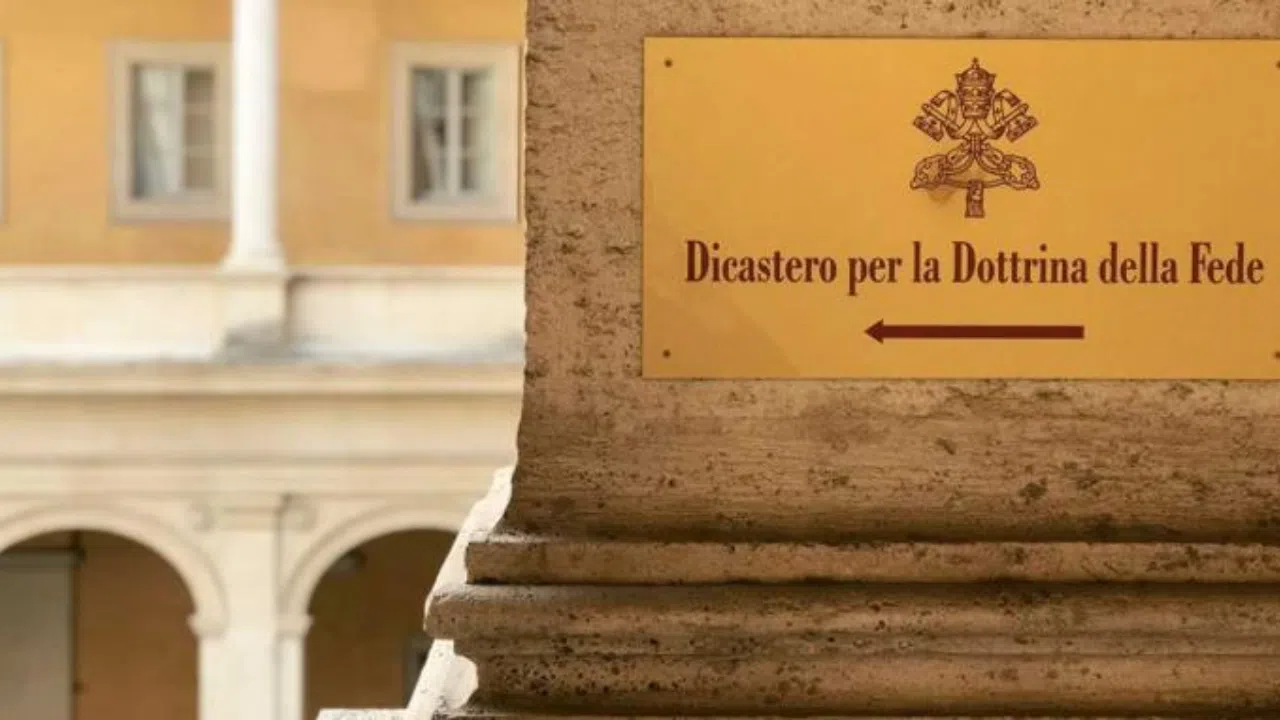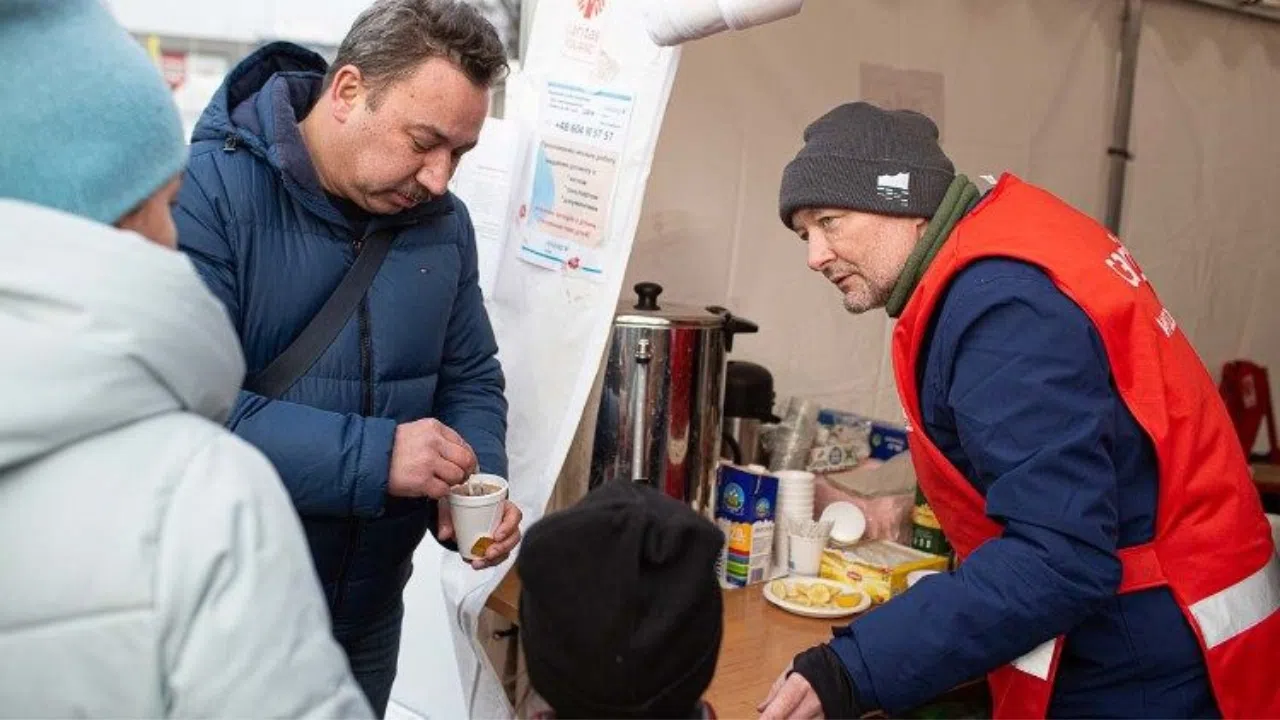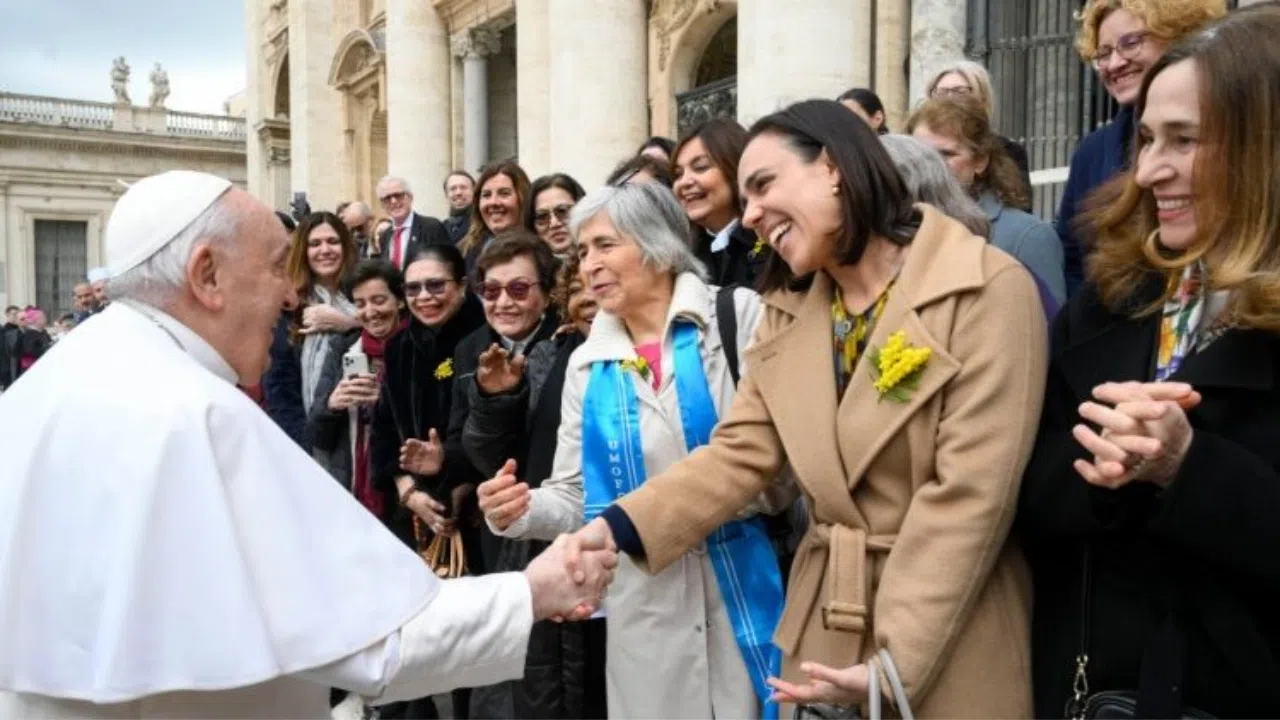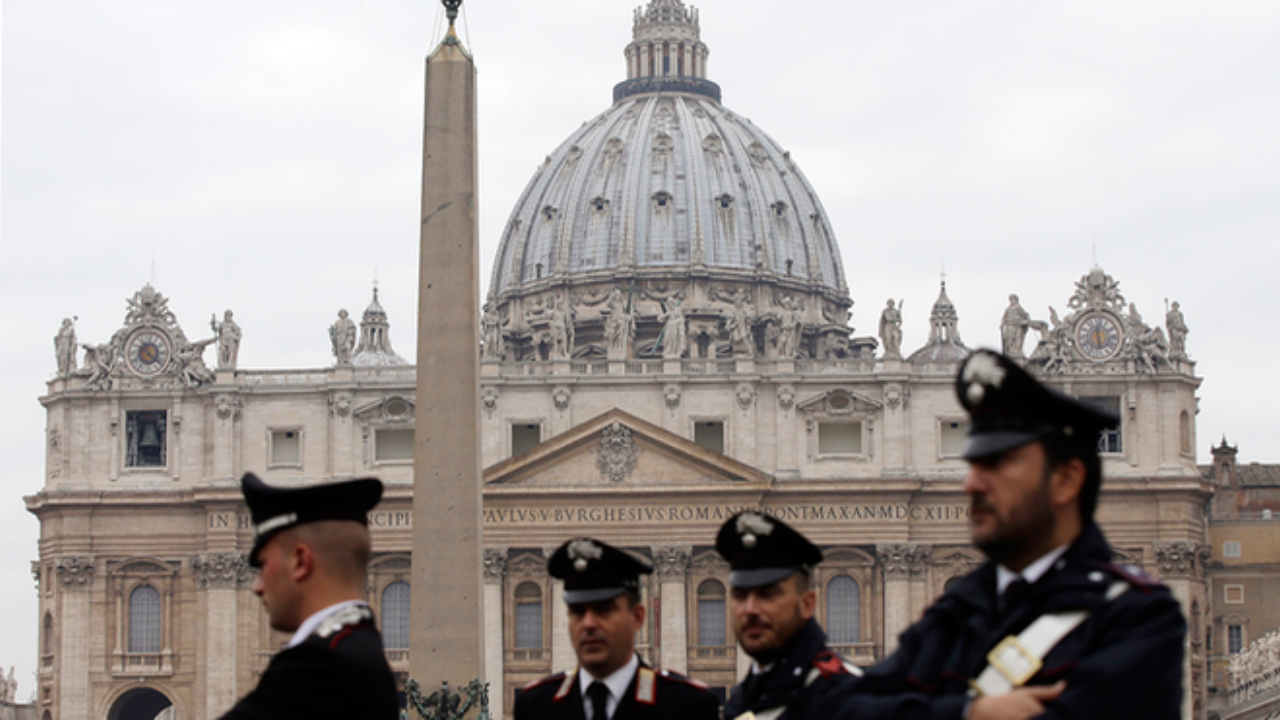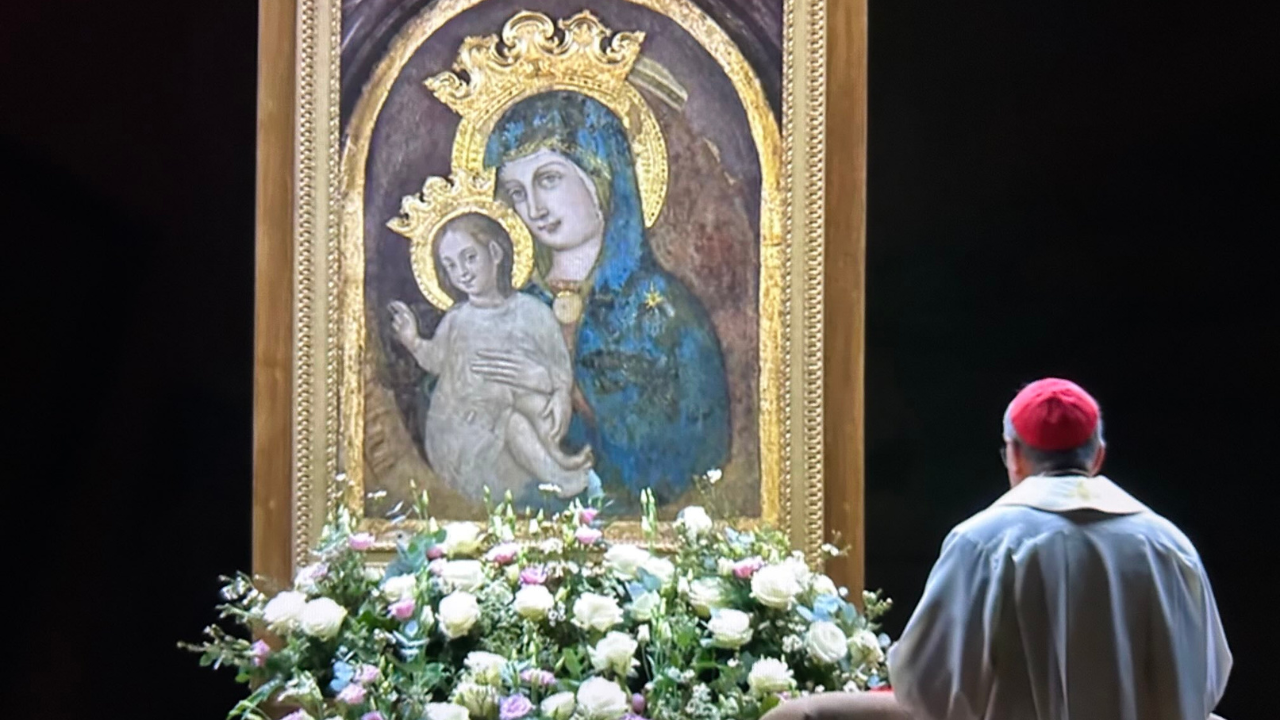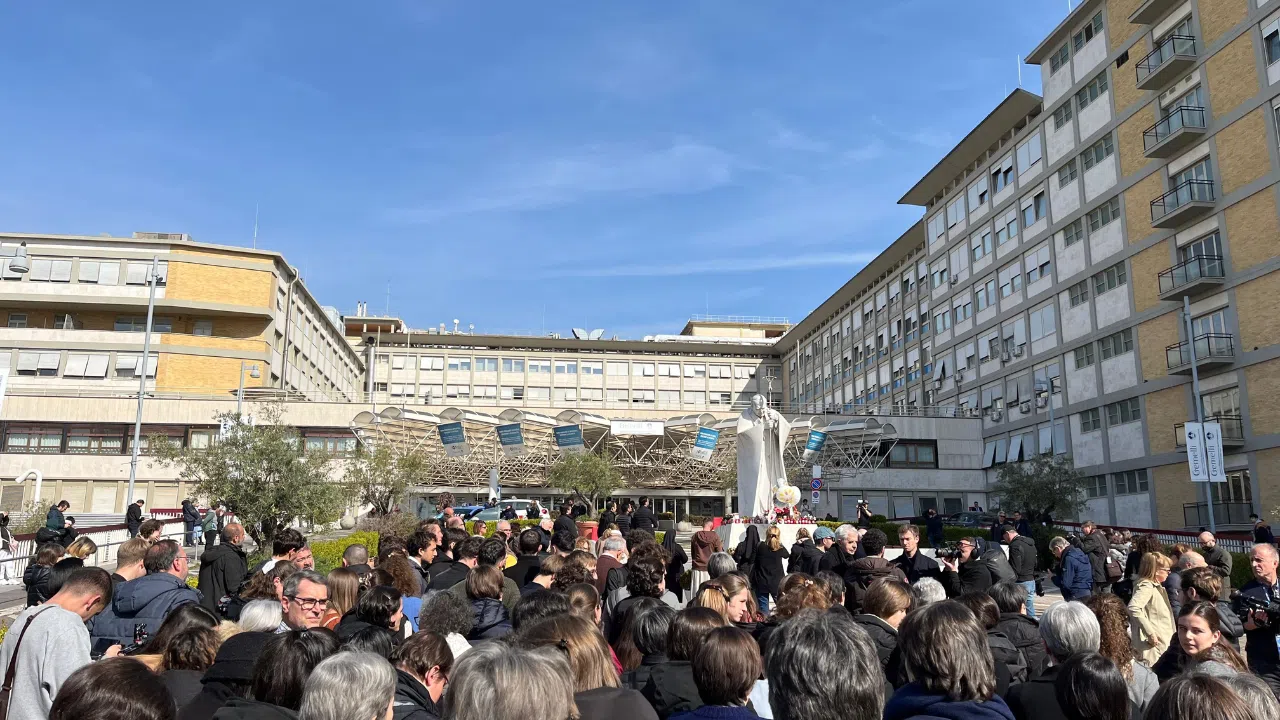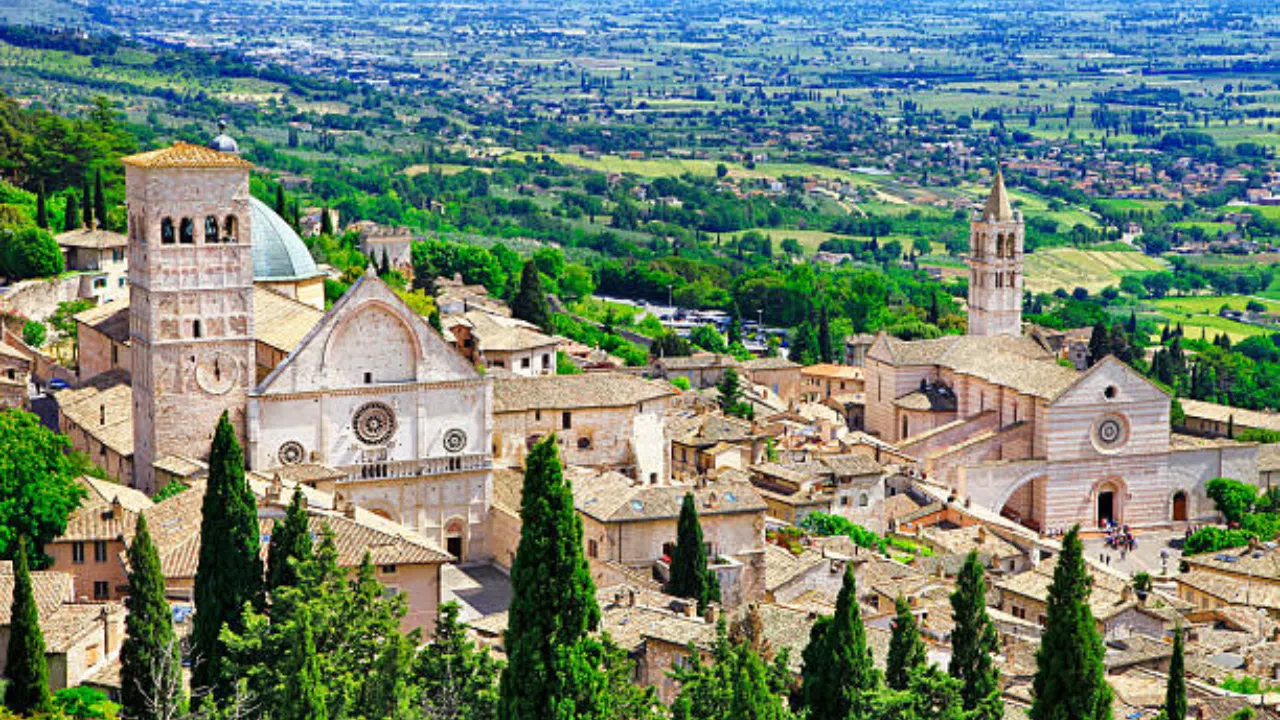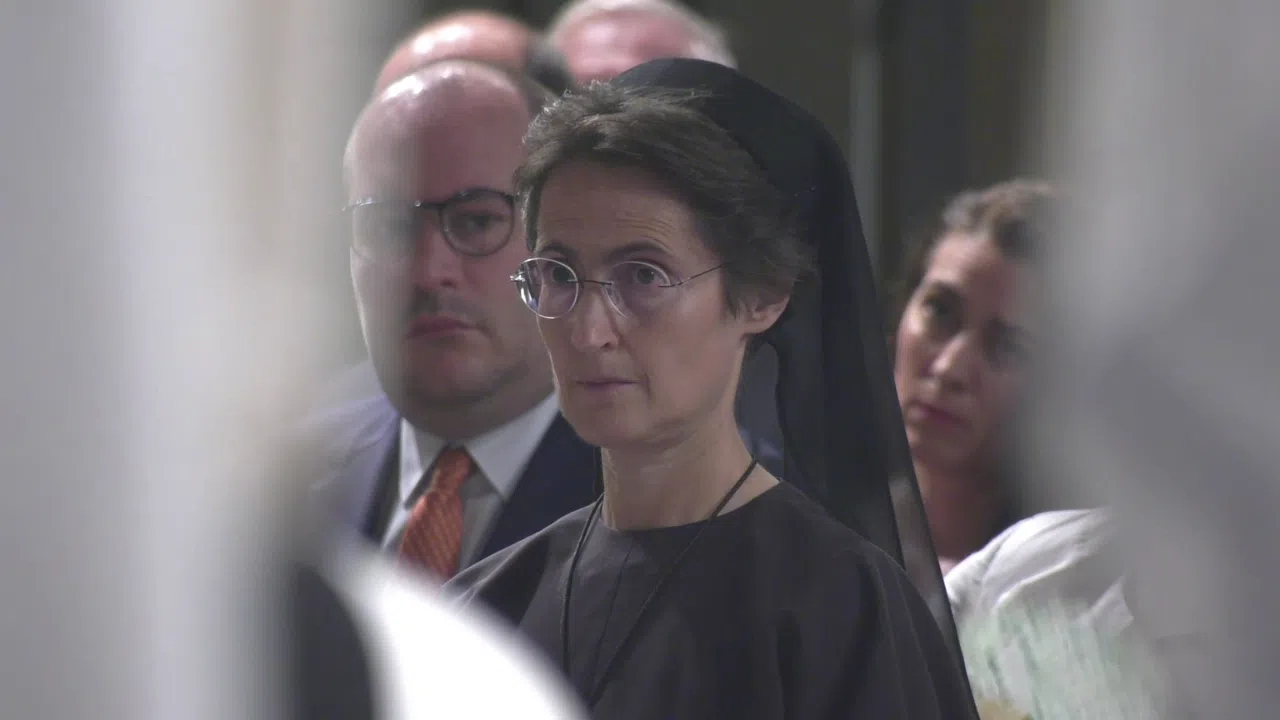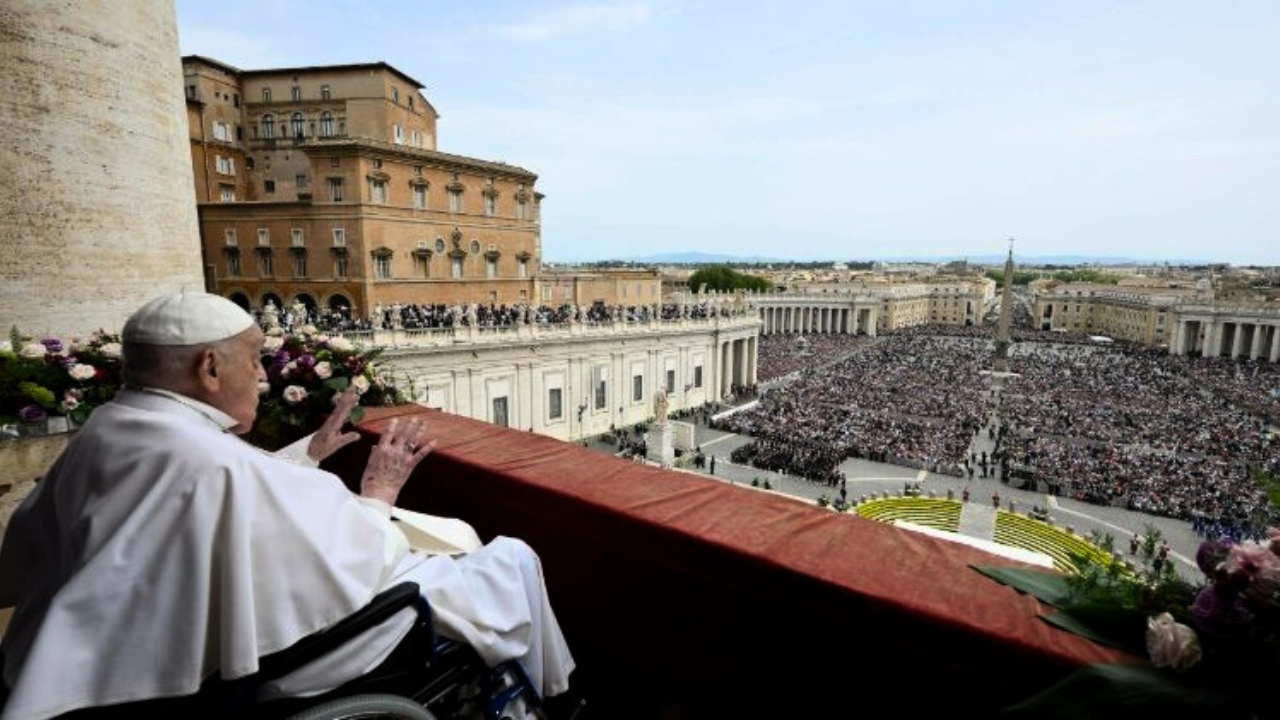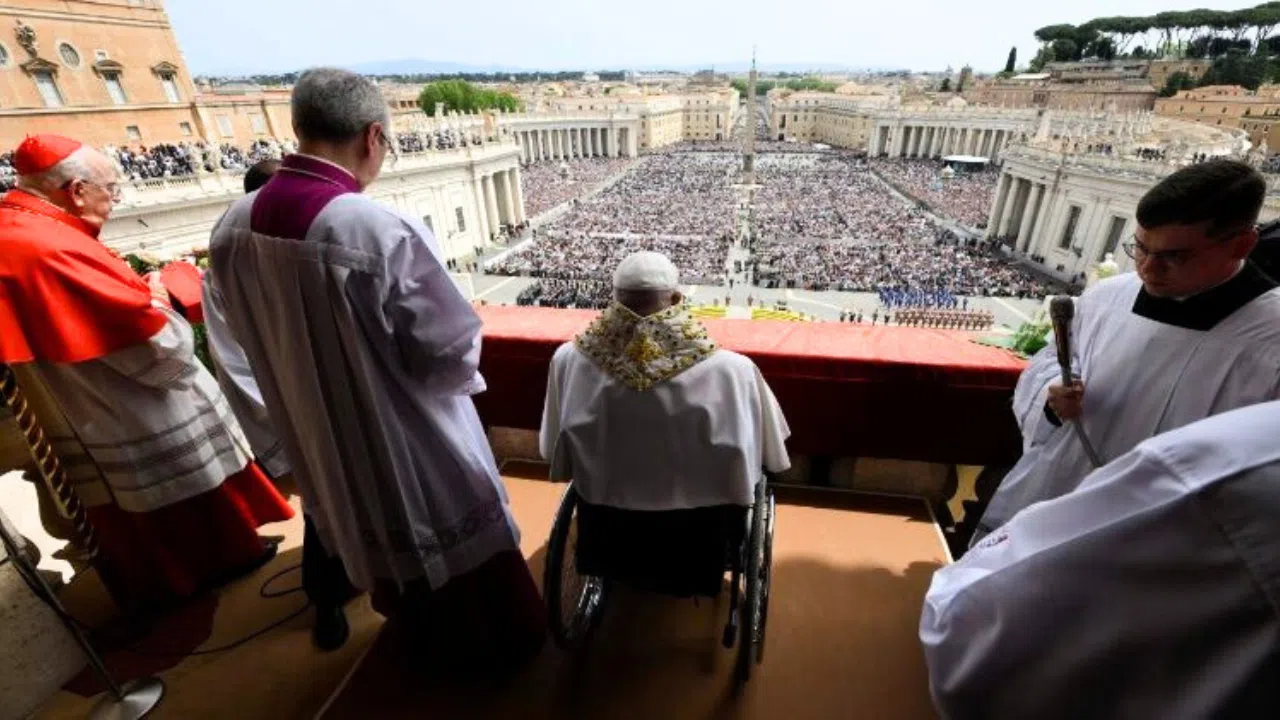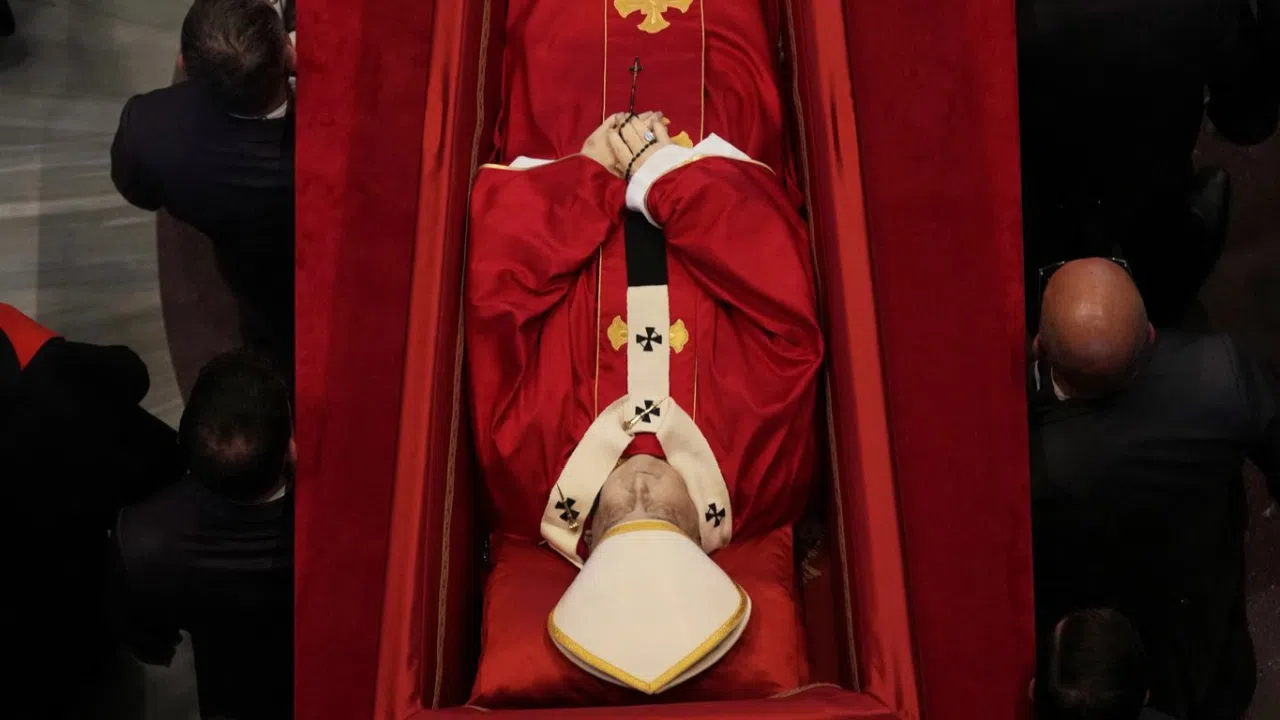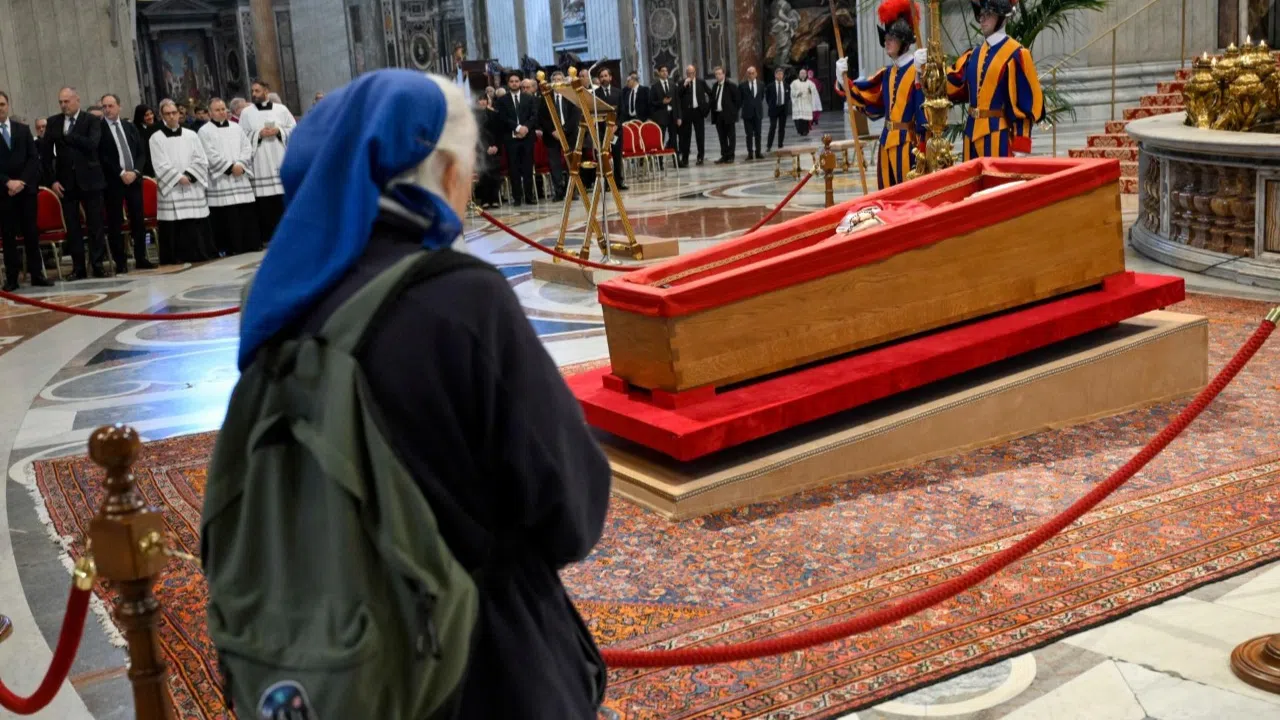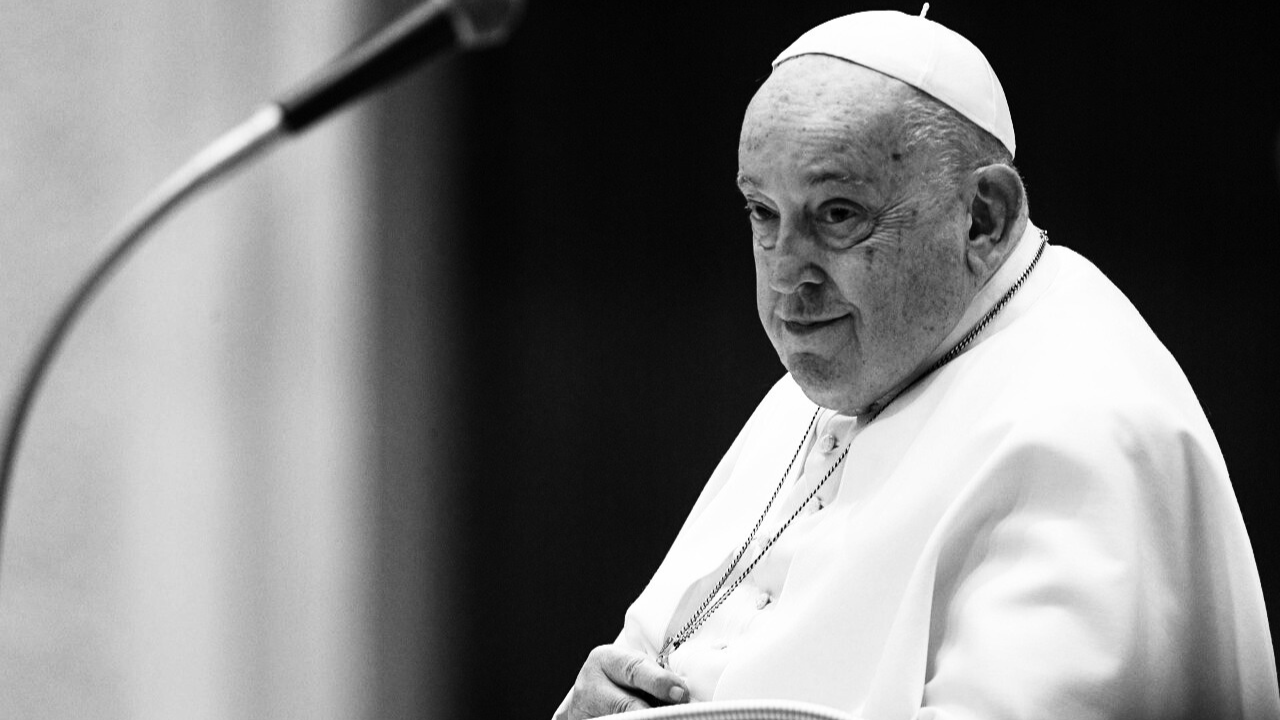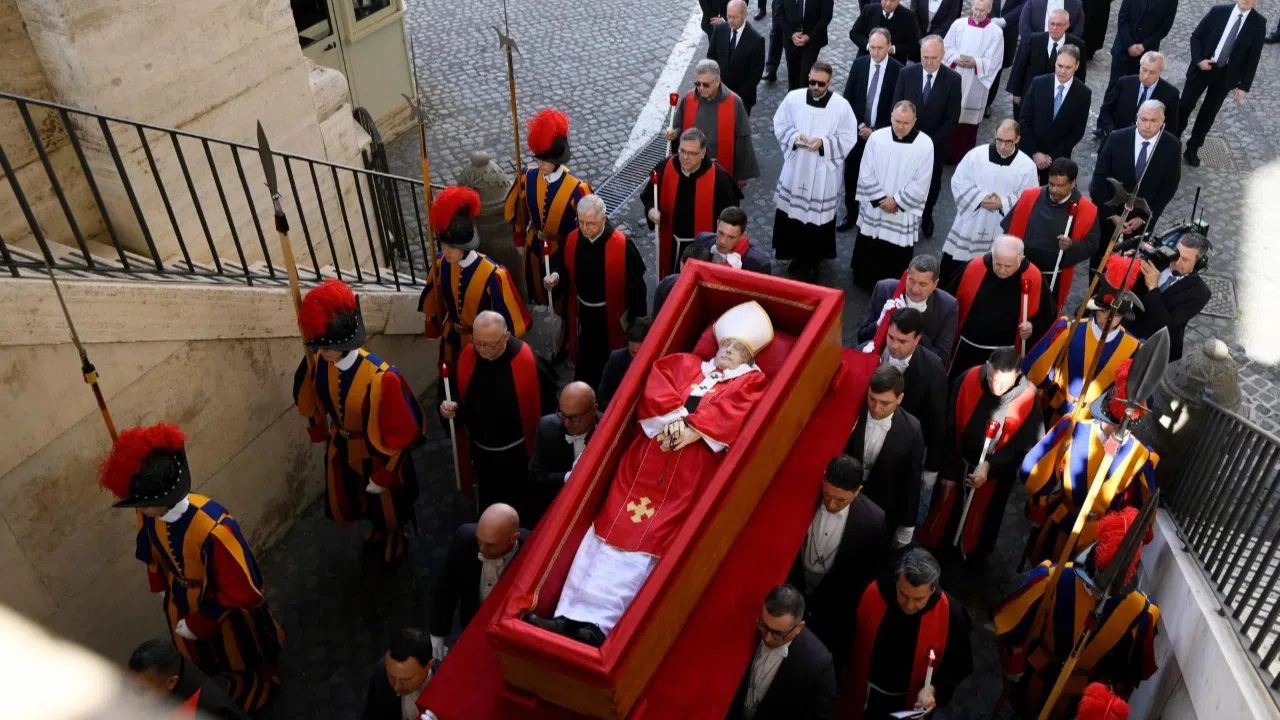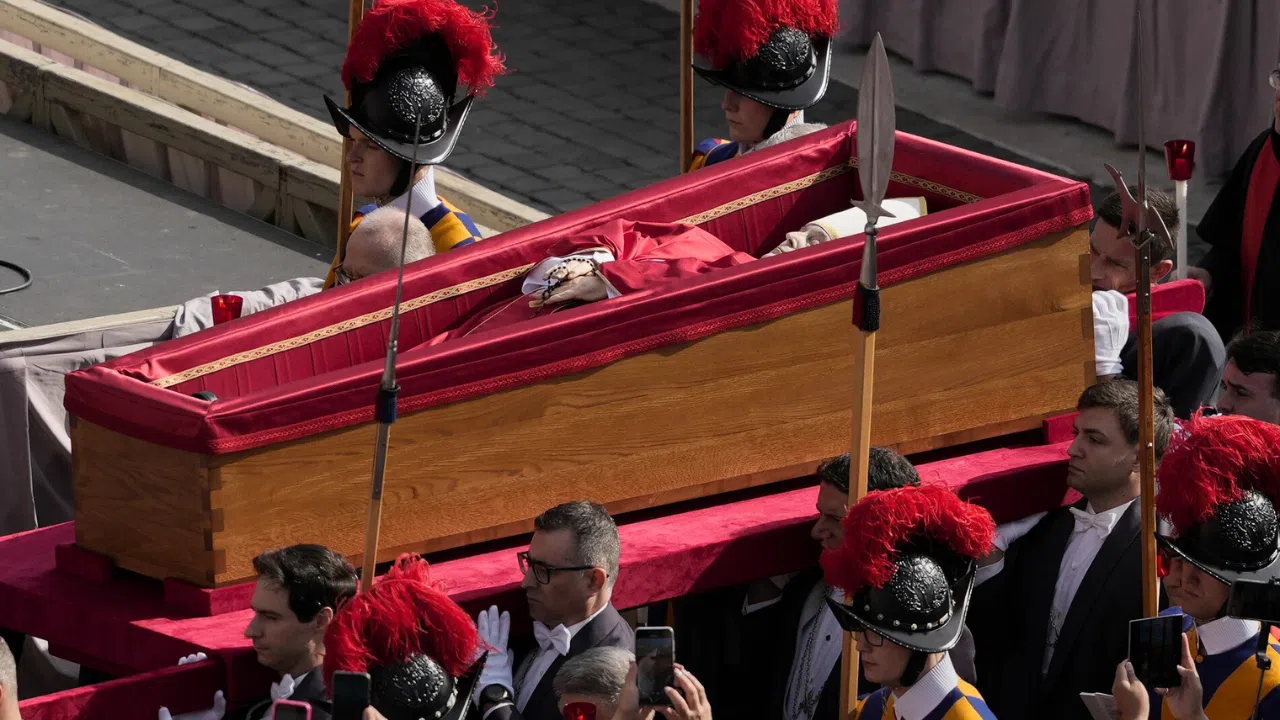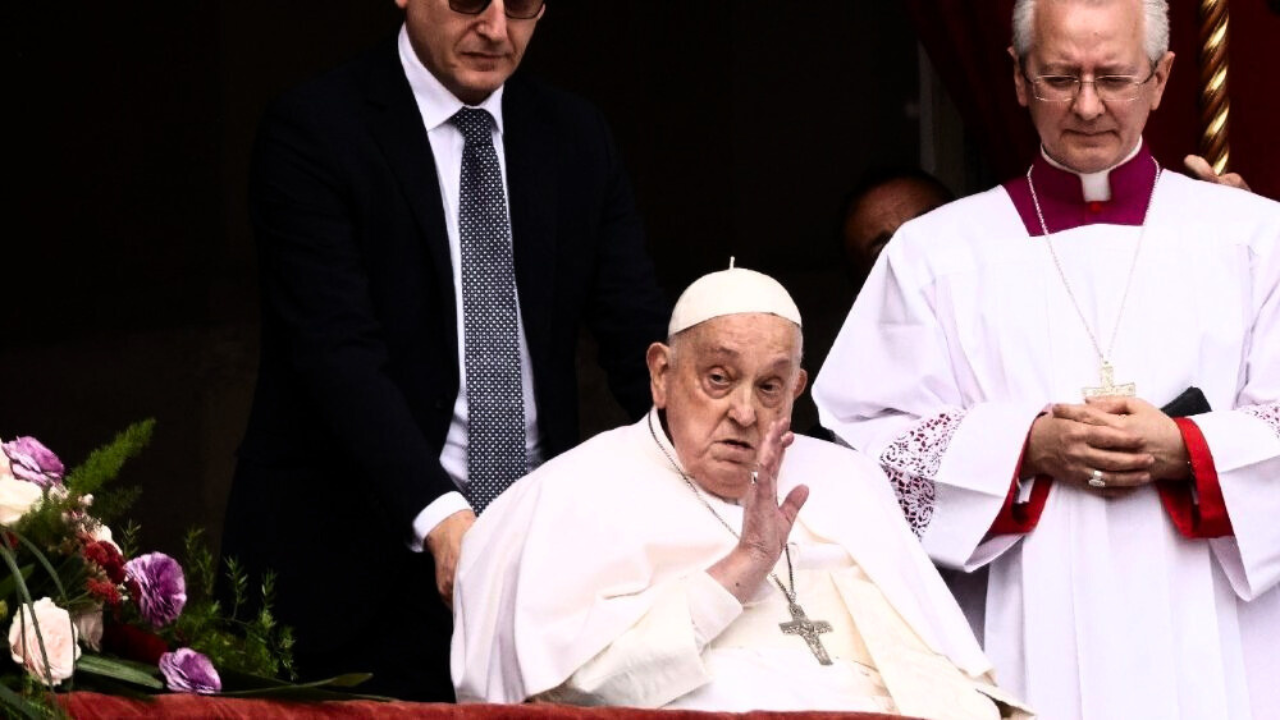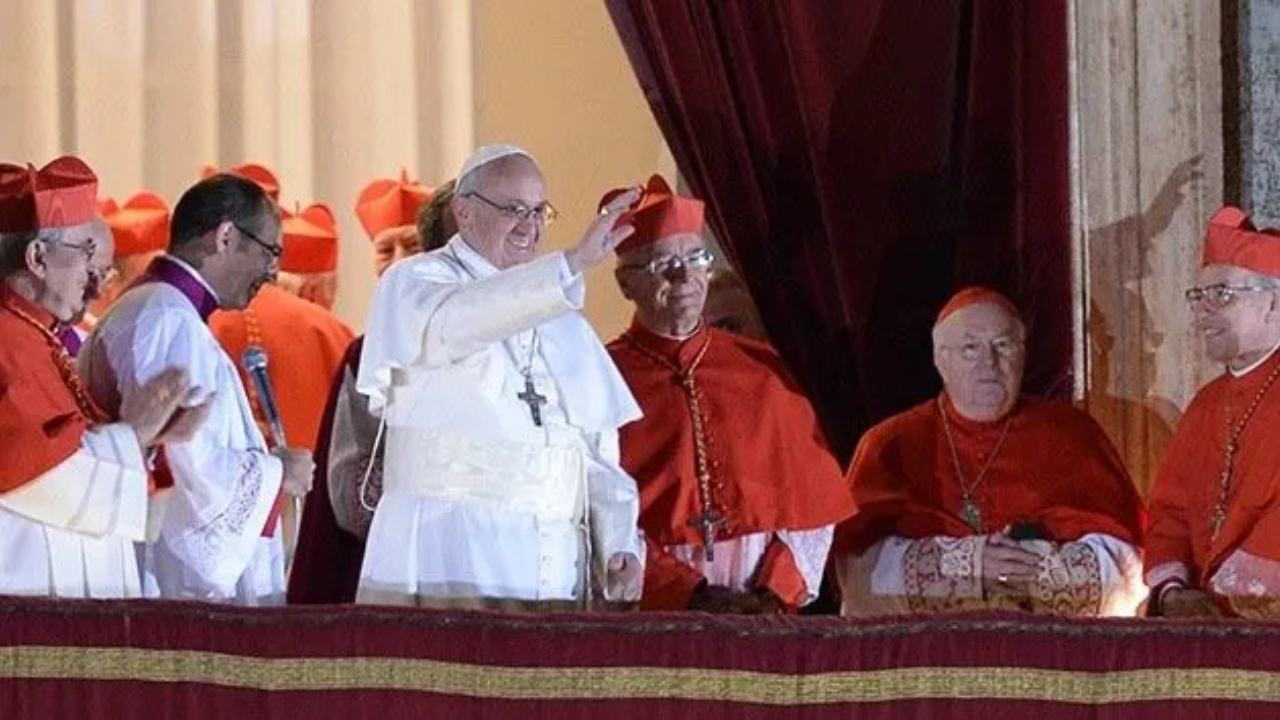Several branches of the Franciscan family have been working on a delicate issue for decades: the possibility of having supreme moderators that are not priests. Their reasoning is simple— St. Francis of Assisi was not ordained.
FR. JOSÉ RODRÍGUEZ CARBALLO
Dicastery, Institutes of Consecrated Life
This has been going on for many years. The topic was reintroduced in communion with the Capuchins and Conventuals during the time of Pope Benedict XVI. And it was requested that our orders be called as mixed institutes since the Order of Friars Minor was created as a fraternity and not as a clerical institute.
Father José Rodríguez Carballo was Minister General of the Order of Friars Minor from 2003 to 2013. Now, he is the secretary of the Dicastery for Institutes of Consecrated Life and Societies of Apostolic Life.
Fr. Carballo explains that this important work for the Franciscan family came to fruition on May 18, when the Vatican announced a change in the second part of paragraph 588 in the Code of Canon Law. A change that was highly celebrated by the Franciscan family.
FR. MASSIMO FUSARELLI
Minister General, Order of Friars Minor
Pope Francis has responded to the desire of several religious institutes, which was to restore the charismatic dimension to religious life. Therefore, clerical brothers, priests, non-clerical brothers, and the laity, have the same rights and duties. Our order, like others, has for centuries had brother priests and non-ordained brothers living and working together, without distinction.
From now on, in Institutes of Consecrated Life or in Societies of Clerical Apostolic Life, when a lay religious or a consecrated lay person is elected, the following process will be followed:
On one hand, the appointment of a local superior will not need approval from the Dicastery but will instead depend on the supreme moderator with the consensus of his Council.
On the other hand, for the appointment or election of a Major Superior, confirmation from the Dicastery will be necessary.
FR. JOSÉ RODRÍGUEZ CARBALLO
Dicastery, Institutes of Consecrated Life
This is an important change, because until now, the major superiors had to be clerics. From now on, if it is a clerical institute, they may also be lay brothers. This better explains the jurisdiction that religious sisters have where the general superior is a non-clerical sister and other lay institutes where the general superior is also a layman.
This change impacts a delicate question at the canonical level because the government of clerical institutes have traditionally always been linked to priests. However, Fr. Carballo believes the change is important for orders because it signifies a return to tradition.
JRB
TR: AT


